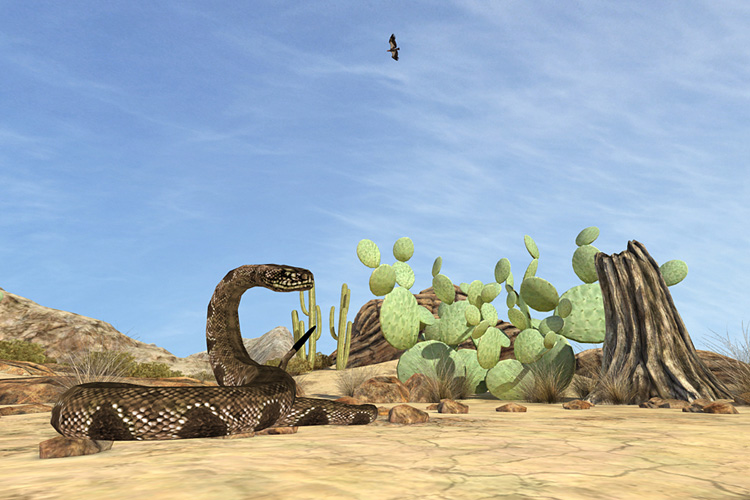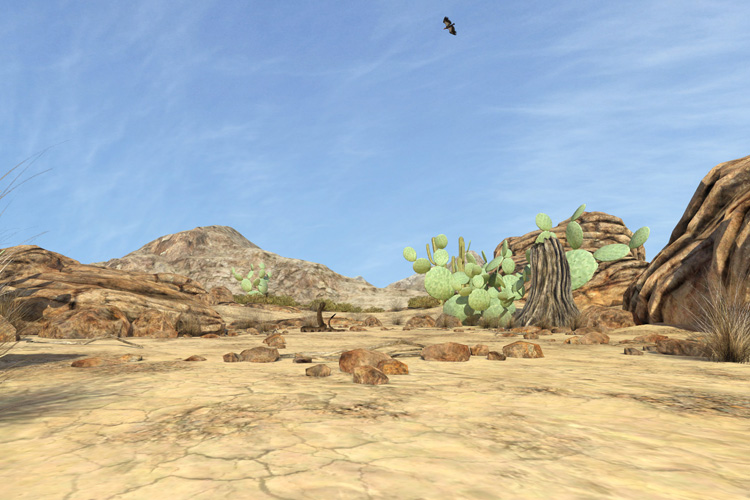Adaptive Memory
Recent research shows that our memory works superior when information is processed for survival relevance (e.g., Nairne, Thompson, & Pandeirada, 2007). In these studies, participants have to imagine being stranded on the grasslands of a foreign land without any food and in danger of predators. Then, they receive words that have to be rated for the relevance of this survival scenario. When participants are asked which words they can still recollect, a robust finding is that memory performance is superior when information is encoded under survival conditions. In this study, we are interested whether this survival memory advantage will also hold when participants are truly engaged in a survival situation (e.g., scene of grasslands or desert) using virtual reality scenes.


